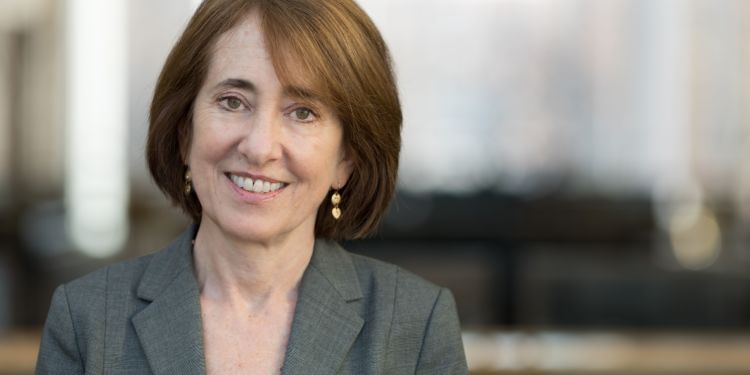At the end of March, I will retire from my role as Director of the HBS Business and Environment Initiative and turn the reins to BEI’s new Director Lynn Schenk and Coordinator Elise Clarkson. What has changed since I started in the Director role in 2016?
HBS faculty have been writing and teaching about business and environment for nearly five decades, and much of this work has been highly influential. But from my perspective, at least three things are very different now compared to when I began five years ago.
First, our mission. When I started our mission statement was “to deepen business leaders’ understanding of environmental challenges and assist them in developing effective solutions.” Compare this to our current mission: “to educate, connect, and mobilize current and future business leaders to address climate change and other environmental challenges.” Today, we don’t just deepen understanding, we connect and mobilize. BEI, and HBS, are catalysts. And today we name the primary environmental challenge for business and society: climate change.
Second, the Initiatives model that BEI exemplifies has gained traction. Initiatives focus the School’s resources on problems that are complex and multi-dimensional. We connect faculty, alumni, students, and staff to grapple with questions such as, “Are our students prepared to lead sustainable organizations?” “What do our alumni need to know about climate risk?” “How can faculty insights contribute to better environmental outcomes?” Increasingly, all corners of the School—Admissions, Alumni Relations, Career and Professional Development, Marketing and Communications, and Operations—are making business and environment a key consideration in what they do.
Third, HBS has made strategic investments in strengthening BEI’s capacity. BEI began in 2010 with one full-time administrator. A Coordinator was added in 2013, and in 2019 we added an Associate Director, tripling the staffing from early years.
These changes have made possible important accomplishments. Alumni are connected and informed about climate change. My job description when I started did not include the word “alumni.” Today alumni engagement is central to what we do. Starting in 2018, BEI organized seven regional alumni events in cities around the country, each tailored to the specific risks and opportunities that climate change poses to business in that region. We discovered that alumni are eager to share their expertise and learn from one another. Building on that success, BEI partnered with Alumni Relations to organize a conference in March 2020 on Risks, Opportunities, and Investment in the Era of Climate Change. Today, faculty are using insights from that conference in new courses and cases, and students are connecting with alumni for mentorship.
Executive Education now offers a course for leaders of environmental organizations. The course, led by BEI faculty chair Mike Toffel, equips up-and-coming leaders of the world’s major environmental advocacy organizations with skills in strategy, ways to partner with private sector firms, and innovative financial tools. With costs covered by the Robert W. Wilson Trust, 78 people joined the inaugural class, an important new constituency for the School. In addition to learning critical skills, participants build connections across their organizations.
We are finding new ways to reach new audiences, at HBS and beyond. In 2019 we launched our Climate Rising podcast to highlight the business opportunities associated with climate change, and we are now in our third season. We created an exhibit called “Confronting Climate Change: From Business as Usual to Business as Vital” that we displayed in Spangler Lounge, student and alumni events, a Harvard College dorm, and an area high school, and have now made available online.
A few numbers illustrate the magnitude of these changes. In 2016, BEI had 26 faculty affiliates. Our database of alumni contacts included about 1500 names. On the student side, we worked primarily with the Energy and Environment Club. Today, we have 34 faculty affiliates. Last month we organized a roundtable for faculty to share their business and environment research plans. We learned that faculty are launching more than 60 new projects. We work with some 7000 alumni. And student engagement includes robust interaction with students affiliated with not just the Energy and Environment Club, but also the Food, Agriculture, and Water Club and the new Sustainability Club.
HBS has an opportunity to equip current students, as well as our alumni and business leaders everywhere, with the knowledge and skills to anticipate and address climate change. We are starting to seize this opportunity, but our work is far from done. With leadership from Lynn Schenk and Elise Clarkson, Faculty Chair Mike Toffel, and the community of faculty, staff, alumni, and students, I’m confident the School will go far toward achieving BEI’s mission.

